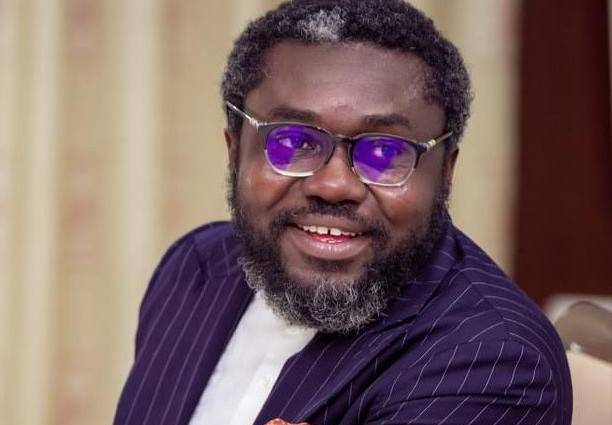Oliver Barker-Vormawor, a private attorney, has claimed that speech should be rendered completely free in order to sustain and improve Ghana's democracy and democratic practice.
The criminalization of offensive speech, according to the lawyer, who calls himself a "speech absolutist," was detrimental to the country's democratic advancement and media development, he added.
He emphasized that since criminal law fosters a climate of dread surrounding communication, the only restrictions on speech that should exist are those based on societal values.
On JoyNews' The Law, he claimed that making offensive speech illegal fosters a climate of fear surrounding speech.
"In some ways, I've referred to myself as a speech absolutist because I typically think that the way you sustain a desire to make speech completely free is to advance democracy. And I believe that speech restrictions are first and foremost the result of conversation and debate. For example, when I say something, someone may make a statement that says, "We disagree with this and we condemn it." That is one way that our cultural ideals, rather than the law, regulate communication.
"Because once criminal law gets involved, one of the things that will result is that an economy of fear surrounding speech will be established. However, it's OK if others can hear someone speak and state, "This person has said this, but we condemn that."
The people who said, "We agree with so many things you have said, but we don't agree with what you said here," is one of the things I have used as an example even in my own case since we started with that, and I think it is totally OK. This is how democracy should work, he added. "Other voices will then enter and criticize the person's remarks, giving them the chance to clarify.
The major idea behind the formation of freedom of expression, according to Mr. Barker-Vormawor, who is also the organizer for the FixTheCountry Movement, was to safeguard offensive speech.
Because if it were desirable, then there was no need for anxiety, he explained. Therefore, I believe that the democratic process anticipates that we may encounter speech that we find objectionable, and that's okay because by tolerating objectionable speech, we open the door for more desirable speech to take place.
He argued that speech-related regulations should be written using the same logic that attorneys are taught to use in criminal cases.
For instance, when it comes to criminal law, we often state that it is preferable to free one guilty person than to imprison many innocent individuals. We should apply the same logic to voice production. Although there could be some offensive speech that we don't agree with in the overall scheme of things, that's alright.
At least we're keeping the door and window open to allow for greater dialogue.
"That's why I'm saying that if we are thinking in terms of what we are trying to achieve with protection of speech and protection of the media, then we would come back to whether these laws are proportionate and necessary to be able to keep the window open for people to be able to speak more to enhance our democracy," he said.


